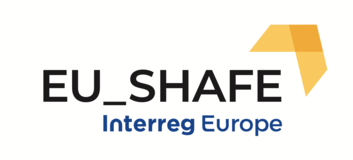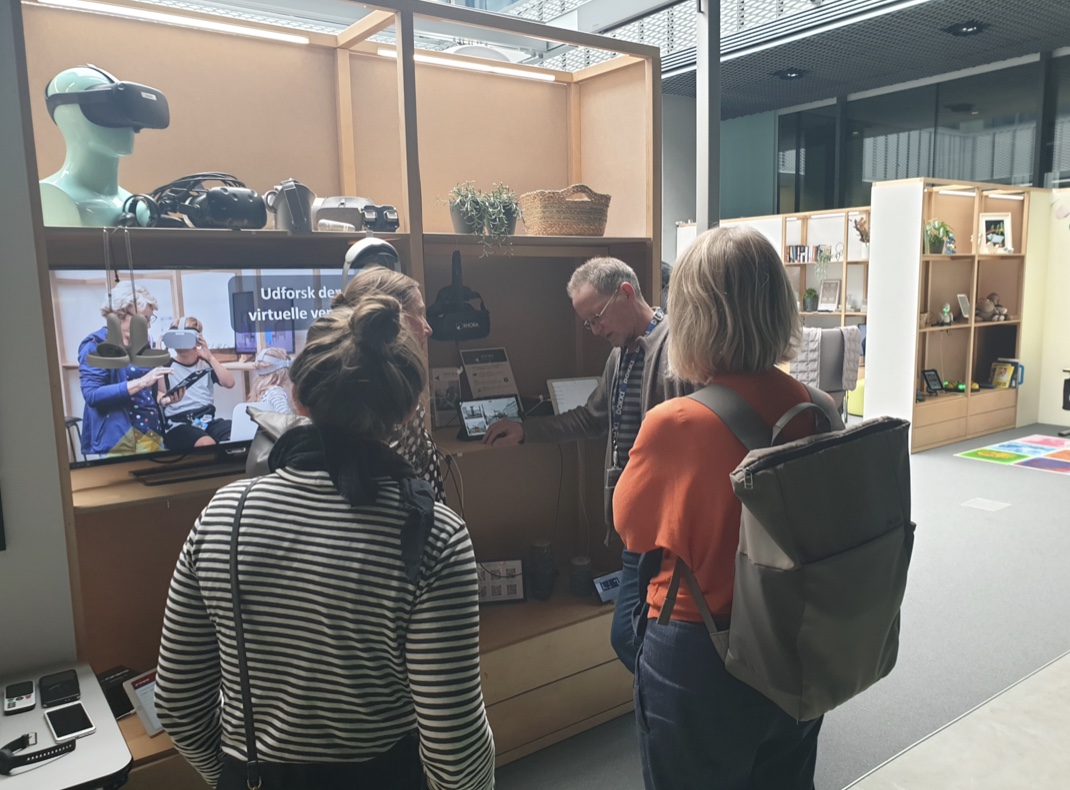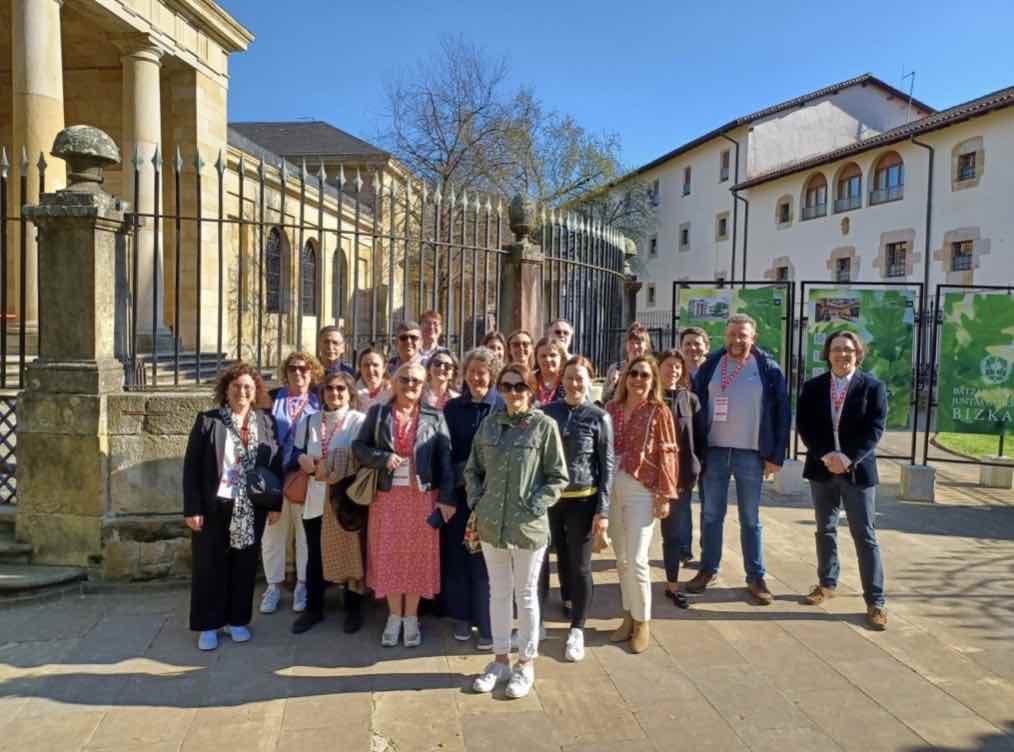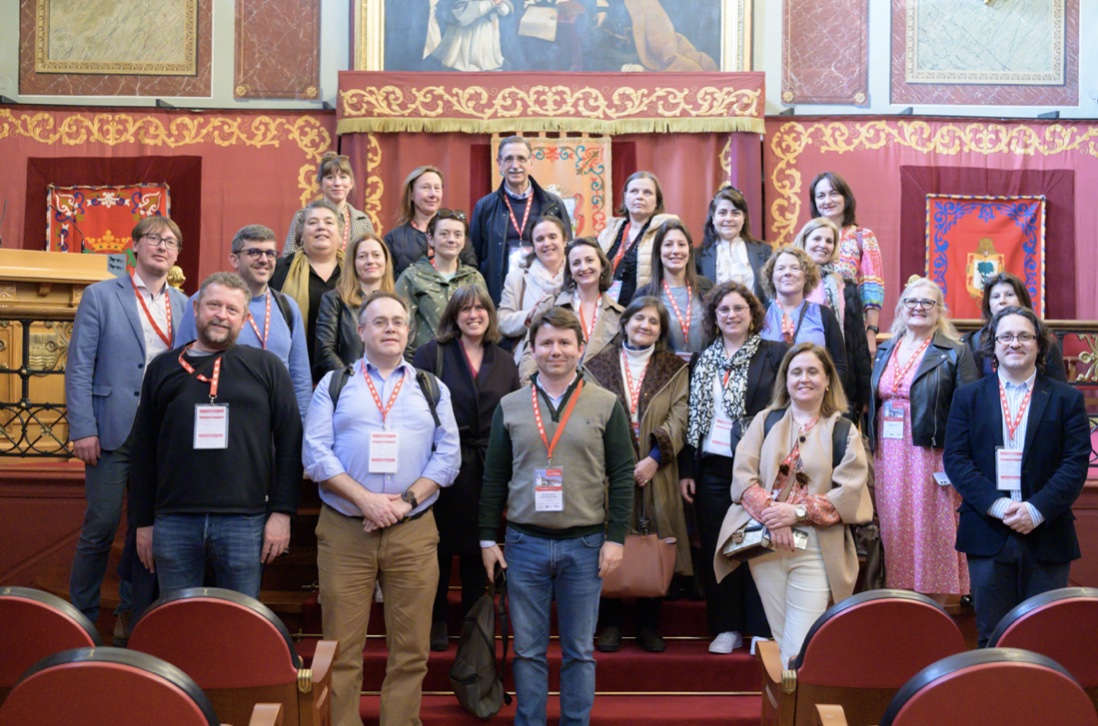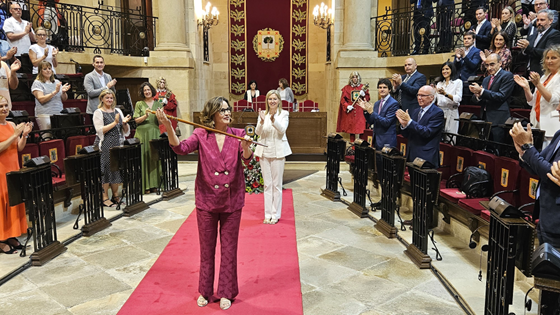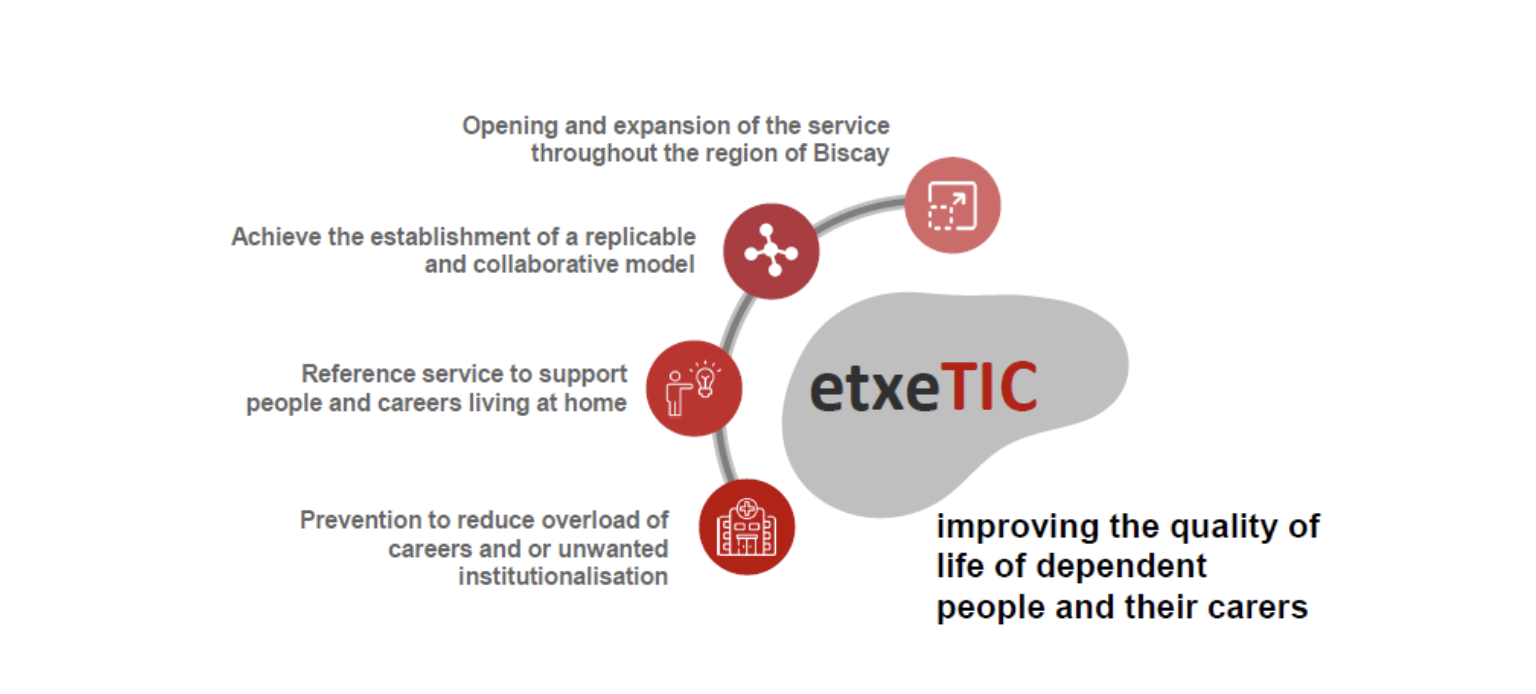1) Can you share some details about the policy context addressed by your Action Plan and on how its implementation will contribute to improving the policy instruments tackled within your region?
The Centro 2020 Regional Operational Programme (ROP) is the main funding instrument available to the region to implement its development strategy, the Centro Regional Coordination and Development Commission (CCDRC) is the entity responsible for its implementation.
The Wellness Kiosk is an opportunity to create an innovative project in the future. Our proposal is to make a pilot project, as a way to confirm our hypotheses and objectives and thus be aligned with the political strategies of health promotion and inclusion, empowering citizens to make well-being accessible to all. With this pilot project, Caritas intends to influence the policy instruments of the Central Region of Portugal, which is represented by the Coordination and Development Commission of the Central Region (CCDRC) in two ways: in the future, this pilot test can be promoted and replicated in other areas of the region, acting as an initiative for interaction and knowledge transfer.
Furthermore, this action plan (and the best practices behind it) will enable the implementation of regional development policies and programmes, especially investment programmes for growth and employment, particularly for health and social care professionals.
This will lead to a policy shift in funding in the Region, framed within the opportunities of Axis 1 Research, Development and Innovation. With the future opportunity for the Wellness Kiosk to be funded through regional funds, it could be replicated and implemented regionally and nationally. It will be an innovative response, offering differentiated solutions and services in the area of health literacy and wellness. The Wellness Kiosk also emerges as a response to the crisis caused by COVID-19, which exposed several gaps in the health system, mainly at the level of access to these services and proximity monitoring, especially for the most vulnerable populations (elderly people).
This new service model, if implemented in the future, may create new employment opportunities throughout the territory. It will also be a space for learning and knowledge exchange for students and research in areas of health and well-being. This will be demonstrated during the pilot project, with the direct involvement of the Coimbra School of Health Technology.
2) Which are the actions you are going to implement and how much have they got inspired by the EU_SHAFE project’s activities devoted to the interregional exchange of experiences?
After the lessons learned from the interregional cooperation in phase 1 of EU_SHAFE, it was unanimous among the regional stakeholders and the project team that Caritas Coimbra should develop its Action Plan derived from the project learning and good practices of the Health Kiosk - Billstedt/Horn, the partner Free and Hanseatic City of Hamburg, Ministry of Labor, Health, Social Affairs, Family and Integration.
This consensus resulted from the fact that there was a need at regional level to create an innovative and proximity-based space for the population to promote health and well-being and to be implemented in a more disadvantaged community.
The Wellness Kiosk will be installed in a social neighborhood in Coimbra. These areas are signaled by some points of poverty and social exclusion, the community has low social income and consequently low levels of academic training. As a solution, the Wellness Kiosk will create access to a care network in integrated care, with multidisciplinary teams / patient-centred / located in low social income areas / appointments without appointment / empowerment and participative decision making / proactive identification of needs / focus on preventive care.
3) On which main financial sources you will leverage for the execution of the actions envisaged and which is the related time frame for their completion?
Caritas Coimbra will provide the physical space of the St Joseph Centre and manpower to deal with the community in Bairro da Rosa and Ingote (social neighborhood) on a daily basis. The Higher School of Health Technology of Coimbra will provide the students who will manage the training, study protocol, and social prescription. An evaluation of the Action Plan will be made in February 2023 and the Final Report will be issued in April/May 2023.
